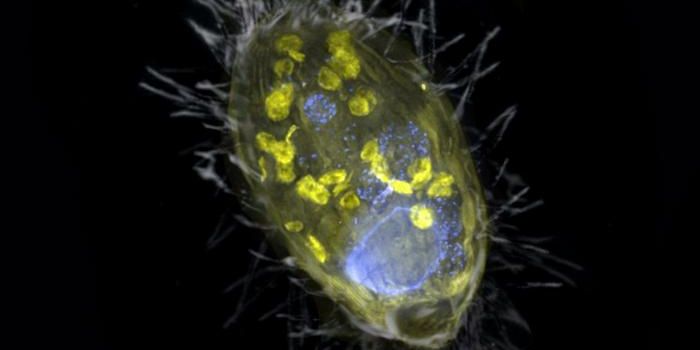Left Handed? It Could be Genetic
Today, approximately 10% of the world’s population is left-handed, with archeological evidence showing that this has been the case for at least 10,000 years. Now, a study from the University of Oxford has found that this may be more than a matter of simple preference.
For the first time, researchers have identified regions of the genome linked to being left-handed in the general population, and associated their effects with brain architecture. Although studies of twins had already shown that genetics likely make up 25% of the variation in left-handedness, which genes were affected remained unknown.
In this new study, researchers analyzed the genomes of around 400,000 people from medical records stored in UK Biobank; 38,332 of them being left-handed. Of the four genetic regions they managed to identify, they noted that three were linked to proteins involved in the development of the scaffolding inside cells, known as the cytoskeleton, which guides the construction and function of cells around the body.
Dr Akira Wiberg, involved in the study, said, “We discovered that, in left-handed participants, the language areas of the left and right sides of the brain communicate with each other in a more coordinated way. This raises the intriguing possibility for future research that left-handers might have an advantage when it comes to performing verbal tasks, but it must be remembered that these differences were only seen as averages over very large numbers of people and not all left-handers will be similar."
Professor Gwenaelle Dodaud, a joint senior author of the study added, “For the first time in humans, we have been able to establish that these handedness-associated cytoskeletal differences are actually visible in the brain. We know from other animals, such as snails and frogs, that these effects are caused by very early genetically-guided events, so this raises the tantalising possibility that the hallmarks of the future development of handedness start appearing in the brain in the womb."
Beyond these findings, the researchers also found correlations between the genetic regions responsible for being left-handed and a slightly lower chance of developing Parkinson’s disease, and a slightly higher chance of developing schizophrenia. Although an interesting correlation, the researchers warned that it does not necessarily lead to causation and that further study of these genetic links are required to understand how these conditions may develop.
Sources
UK Research and Innovation: Science Daily









